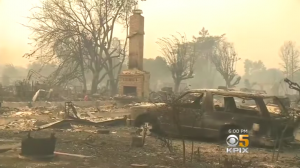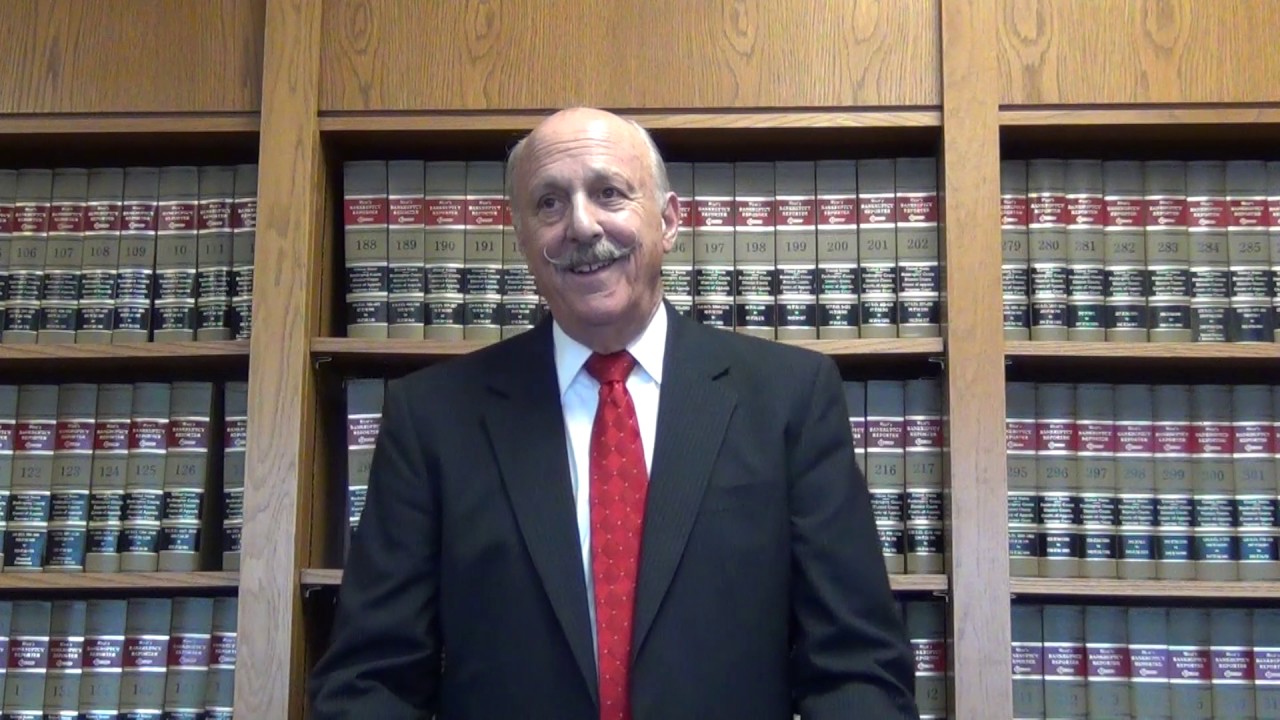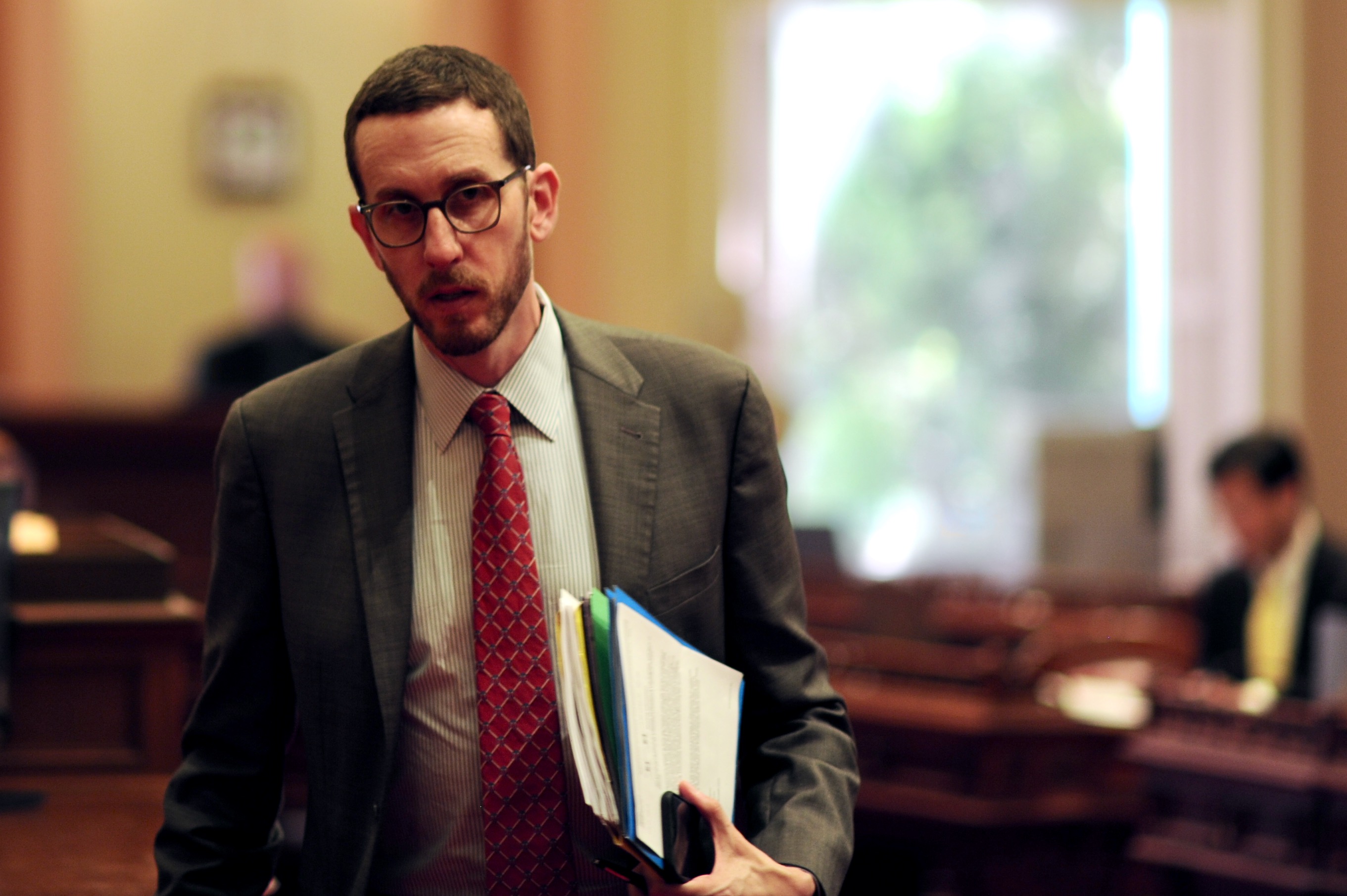Proposed Settlements From Bondholders and Shareholders in PG&E Bankruptcy
Future debt expected for infrastructure, on top of settlements, so power outages and blackouts do not become the new normal
By Katy Grimes, December 9, 2019 2:10 am
PG&E Corporation announced late Friday a proposed agreement to resolve all claims and pay wildfire victims of the 2018 Camp Fire in Paradise, and the October 2017 wine country fires in Northern California. The deal is expected to boost the utility shareholders’ position as it tries to stave off a bondholders takeover, as well as local governments’ proposals.
However, it is still up to the bankruptcy judge to side with the equity shareholders, who are attempting to hold on to control of PG&E, or the bond holders who are offering to pay off all current and future debt.
If approved by the bankruptcy court, Friday’s proposed deal will pay $13.5 billion to victims of the Camp Fire, and the wine country fires in Sonoma and Napa.

Bondholders vs. Equity Shareholders
“Since making a Chapter 11 filing in January, PG&E has become the target of investors wrestling for control over the company’s incoming board and chief executive officer,” Bloomberg reported in March. “The company is facing liabilities that may exceed $30 billion from wildfires its equipment may have caused. Its bankruptcy case, the biggest for a utility in U.S. history, is expected to be contentious and complex as creditors, shareholders, wildfire victims and state officials weigh in on the remake of the power giant.”
PIMCO and Elliott Management proposed a $35 billion plan earlier in the year, to facilitate PG&E’s emergence from bankruptcy within a year, according to sources familiar with the the company and case.
Sources familiar with the bondholders say their offer of a buyout could also put to rest anticipated ratepayer increases as a way of a bailout.
However, the company still needs much more money. They can raise new equity through bondholder proposals, or PG&E can finance the debt, or still yet, ratepayers and taxpayers can provide the source of additional funding.
If the State of California was to take over PG&E in a bailout, guaranteed by the taxpayers, there would likely be rate increases, tax increases and some bond issues, which could prove to be a political nightmare for Governor Newsom. Yet any explanation of how this would work with the state in charge has not yet emerged.
Bankruptcy Court Proceedings Ongoing
This latest proposal still requires the approval of U.S. Bankruptcy Judge Dennis Montali. An upcoming February hearing will also provide an official tally of losses for PG&E, and could flush out the proposed settlement deals.
“PG&E said the proposed settlement is the third it has reached as it works through its Chapter 11 case,” the Associated Press reported. “The utility previously reached a $1 billion settlement with cities, counties and other public utilities, and an $11 billion agreement with insurance companies and other entities that have paid claims relating to the 2017 and 2018 fires.”
The Back Story
Pacific Gas and Electric and its parent company PG&E Corporation revealed some of the actions they plan to take to restructure in the bankruptcy court filing, including paying all of its court-approved pre-bankruptcy claims through “cash raised from existing equity bond holders” and “equity financed securitized bonds,” Utility Dive reported earlier in the year.
“At the same time, two hedge funds that collectively own 7.8% of PG&E said they plan to raise $15 billion of equity for the utility’s reconstruction plan, according to a Securities and Exchange Commission filing on Thursday. Knighthead Capital Management and Abrams Capital Management would raise funds through a rights offering for PG&E’s existing shareholders, while contribute $1.5 billion themselves,” Bloomberg News reported.
In October, the bankruptcy judge ruled that a bondholder plan will be considered alongside the company’s own proposed Chapter 11 restructuring plan. “The ruling is being received as a major legal setback for PG&E and its shareholders,” 24/7 Wall Street reported. “PG&E said it was ‘disappointed’ that the court will allow “consideration of a plan designed to enrich Elliott and the other ad hoc bondholders and seize control of PG&E at a substantial discount.”
Yet, bond experts say this plan could be the healthiest way to finance the utility company for the long term.
“Bondholders, led by Paul Singer’s Elliott Management and PIMCO, teamed up with victims of the wildfires that led to PG&E’s bankruptcy and filed their restructuring plan about three weeks ago,” 24/7 Wallstreet reported. “Unlike the company plan, shareholders get virtually nothing while victims and bondholders would get more than 95% of the equity in the company that emerges from bankruptcy.”
Experts say the PG&E shareholders knew what they were getting into with the utility already in Chapter 11 bankruptcy reorganization, and intended to maintain control of the company throughout the reorganization.
Bondholders acknowledge they will be taking on PG&E’s known debt, as well as piling on future debt in order to restore the utility’s infrastructure stability, so power outages and blackouts do not become the new normal.
Additionally, bondholders recognize that there will be more payouts to tort claimants and victims, adding to the anticipated debt increase.
Judge Montali said in his October ruling that “the parties most deserving of consideration” in the company’s bankruptcy were the victims of the wildfires,” 24/7 Wallstreet reported.
- Could President Trump End the Income Tax? - February 26, 2026
- Trump State of the Union: Democrats Showed They’re Not On the Side of The American People - February 25, 2026
- Leaving California: Public Storage Relocates HQ from California to Texas - February 25, 2026



